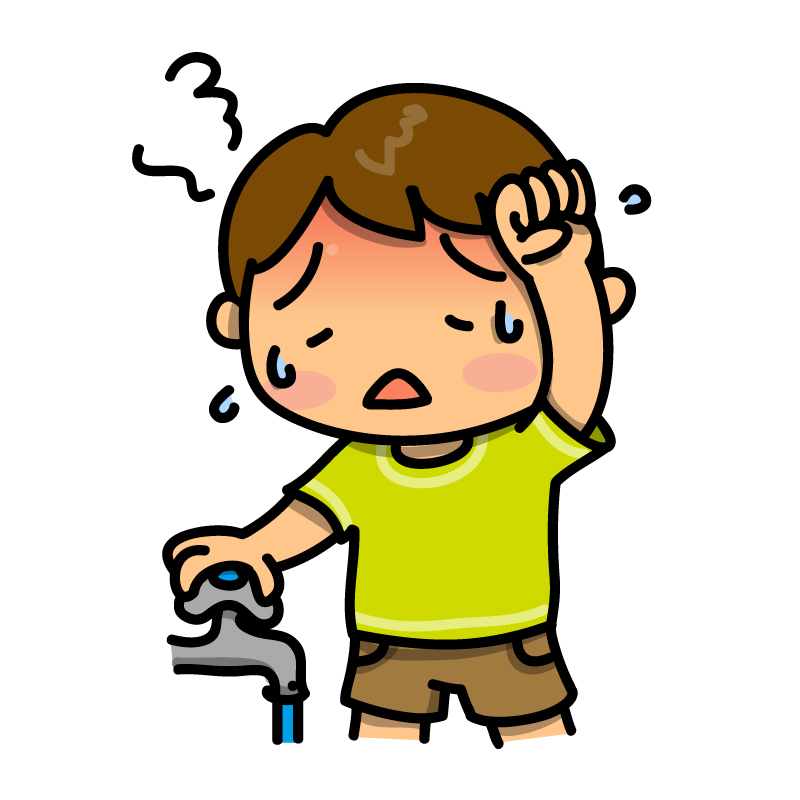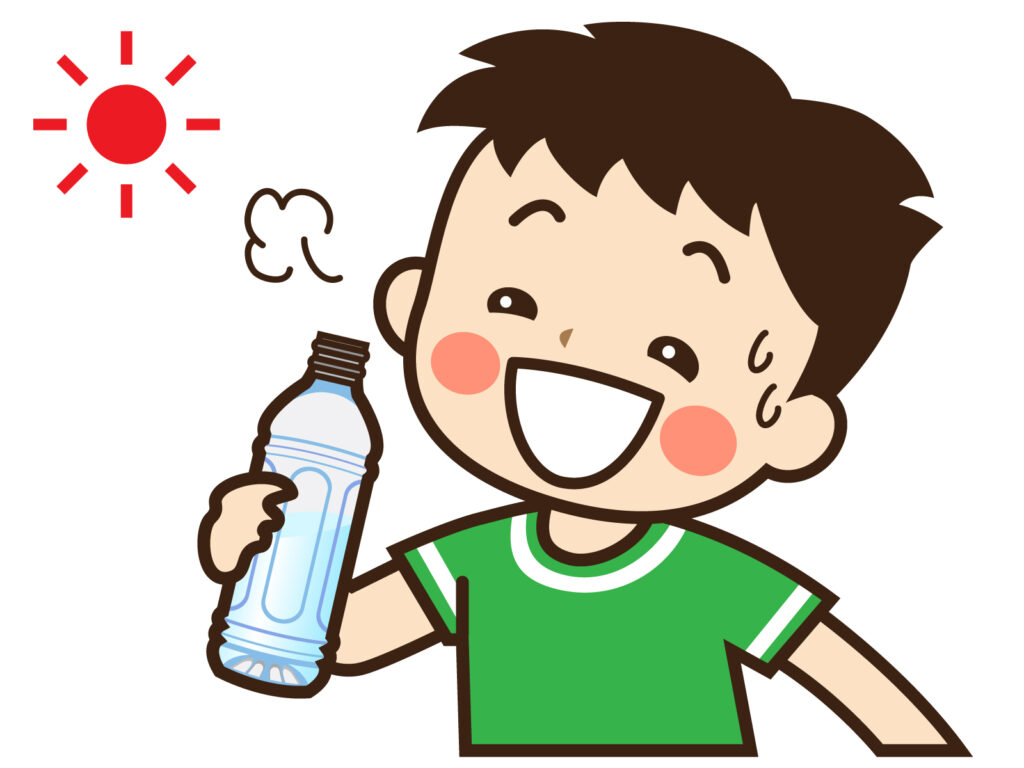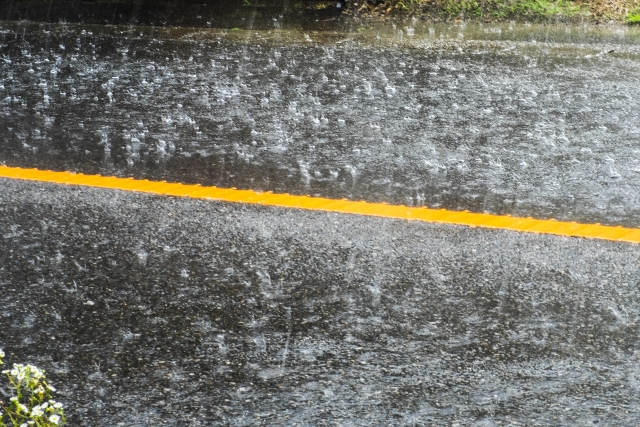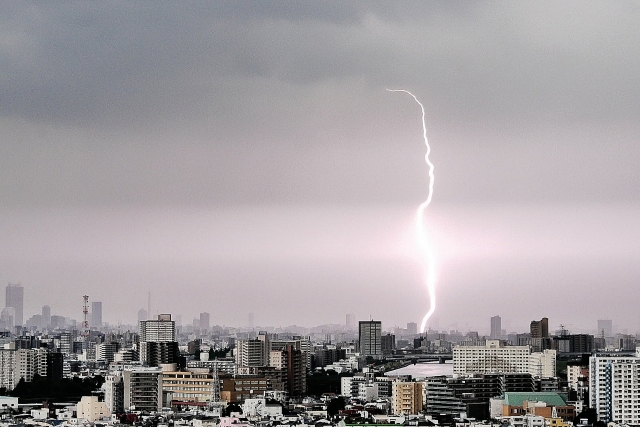The rainy season in Japan usually ends by late July, and after rain clouds cleared, real summer comes. Japanese summers are often hot and humid. On 18th July, the Japan Meteorological Agency alerted that almost all regions from Hokkaido to Okinawa would be covered in very high temperatures in coming weeks. This alert means the summer 2024 could be one of the hottest in a decade. Nights (between 18:00 and around 6:00 the following morning) with a minimum temperature of 25°C or more are called tropical nights, and days with a maximum temperature of 35°C or more are called extremely hot days. The weather forecast said that people in many areas from Kanto to Okinawa would experience tropical nights and extremely hot days in this weekend and also issued a heatstroke alert.
Heatstroke:
Symptoms:
- High body temperature (40C or higher)
- Altered mental state or behaviour (Confusion, agitation, slurred speech, irritability, delirium, seizures and coma)
- Alteration in sweating (skin dryness)
- Nausea and vomiting
- Flushed skin (skin turning to red)
- Rapid breathing.
- Racing heart rate (increasing pulse)
- Headache
(From Heatstroke on the website of Mayo Clinic)

Prevention is to avoid outdoor activities and stay indoors in air-conditioned rooms during the outside temperature is very high. Wear comfortable clothes and wear a hat/cap to avoid direct sunlight. Various cooling items are sold in shops in Japan. Why don’t you try some of such items while travelling in Japan?
If you feel unwell when you are walking in hot weather, go to shadowed areas to cool down the body temperature and have Oral Rehydration Solution (ORT) or sports drink. ORT can be purchased in pharmacies or drugstores.
Avoid hot weather and stay cool!

Other weather conditions in summer you need to pay attention are downpours and thunderstorms. They are common during the summer w often occur all of a sudden. Blue sky is quickly covered by dark clouds and soon heavy rain drops hit the ground with thunder and lightning! When you hear sounds of thunder, even it is far from where you are, find shelter from lightening (but not under a tree, it is dangerous) quickly. Summer is also typhoon season. It is advisable to check the weather forecast frequently.


